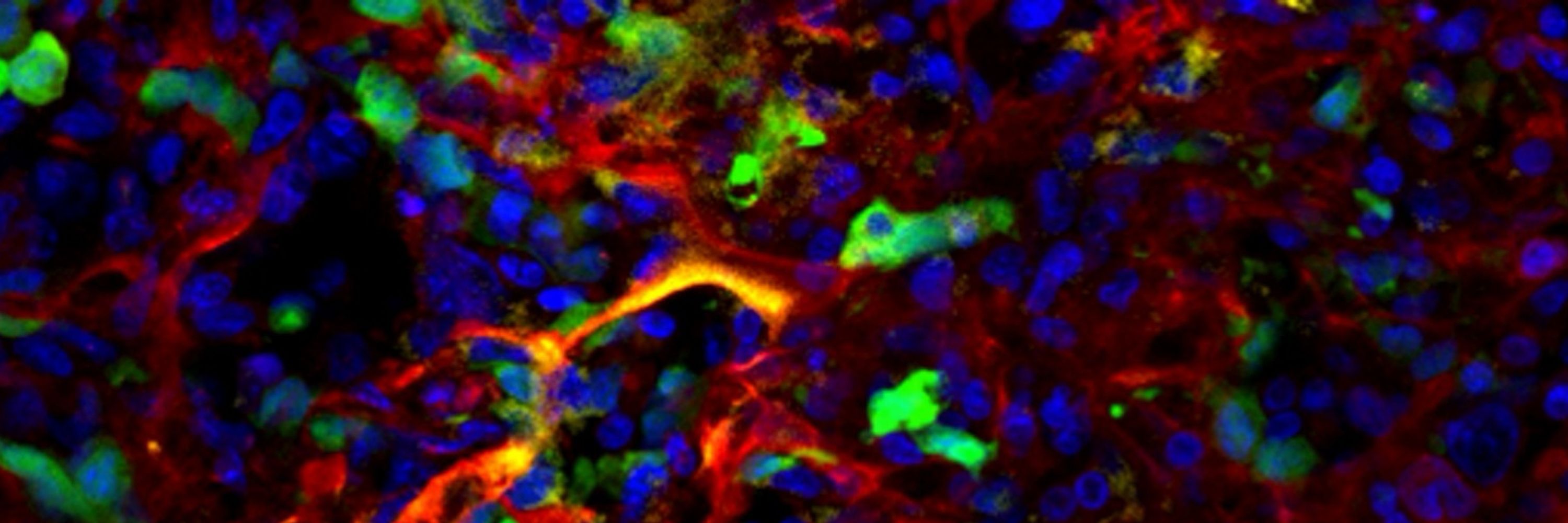



We also noticed more severe cytopenias in the dysfunctional and toxic groups.
It appears that when patients have fewer immune cells, they can't buffer or "adsorb" the cytokines generated by therapy.

We also noticed more severe cytopenias in the dysfunctional and toxic groups.
It appears that when patients have fewer immune cells, they can't buffer or "adsorb" the cytokines generated by therapy.
Yes. Higher cytokine levels correlated with worse survival, even after adjusting for tumor burden.
Inflammation wasn’t just a consequence of disease—it was part of the prognosis.

Yes. Higher cytokine levels correlated with worse survival, even after adjusting for tumor burden.
Inflammation wasn’t just a consequence of disease—it was part of the prognosis.
So we analyzed cytokine and immune response data from days 1, 3, and 7 after CAR T-cell infusion.
What we found was surprising: all patients were inflamed, regardless of clinical outcome.
In fact, the most inflammation was in dysfunctional patients.

So we analyzed cytokine and immune response data from days 1, 3, and 7 after CAR T-cell infusion.
What we found was surprising: all patients were inflamed, regardless of clinical outcome.
In fact, the most inflammation was in dysfunctional patients.
In the words of Ada Twist: “I’m a scientist and scientists never give up!”

In the words of Ada Twist: “I’m a scientist and scientists never give up!”


